A Legacy of Inclusion
Fund in Memory of Professor John Snyder Provides Access to Chemistry Research
Fund in Memory of Professor John Snyder Provides Access to Chemistry Research
When former Chair of Chemistry Professor Lawrence Ziegler, asked graduating seniors about their favorite teacher, their responses were always the same: Professor John Snyder.
“Sometime in my second year as Chair, I changed the question to ‘who aside from John Snyder was your favorite teacher?’ said Ziegler, who retired from Boston University in 2023. “John was genuinely beloved by the undergraduates. I don’t think his level of passion and devotion to the students was matched by any other faculty member that I saw in my years as chair.”

Snyder, who died in November at age 72, was an expert in physical organic, synthetic organic, and natural product chemistry. He was also a devoted teacher to more than 10,000 students and mentor to close to 200, receiving BU’s Metcalf Award for Excellence in Teaching in 1989 and the student-nominated Templeton Prize for Excellence in Student Advising in the College of Arts & Sciences in 2009.
In addition, Snyder, a professor at BU for nearly 40 years, was the founder and co-director of the Chemistry Research Experiences for Undergraduates (REU) program, which recruits students from underrepresented populations to conduct research in STEM labs over the summer and provides a stipend for travel and housing. To help fund the program, he established the Phyllis D. Snyder BU IMPACTS Fund—in memory of Snyder’s mother, a third grade teacher.
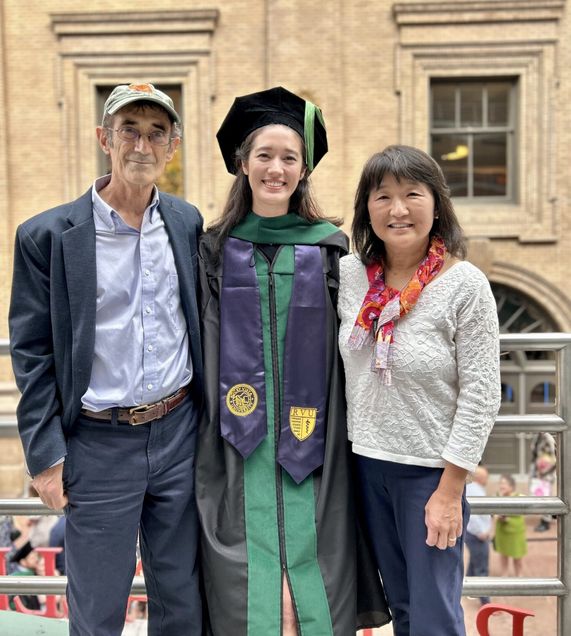
The fund, which his family has renamed the John Snyder and Phyllis Snyder BU IMPACTS Fund, provides access to the sciences to underserved students of all ages and promotes diversity, equity, and inclusion through participation in summer STEM immersion programs. The Fund started with $60,000 from donations by the Snyder family and has now raised more than $110,000.
“From the beginning, the value of education was instilled in him from his mom. Over the years, he was able to see a lot of inequities in the systems and a lot of students who were left behind or were severely disadvantaged. He wanted to make a difference,” said his daughter, Tracy Snyder (CAS’12, Questrom’17), who majored in chemistry.
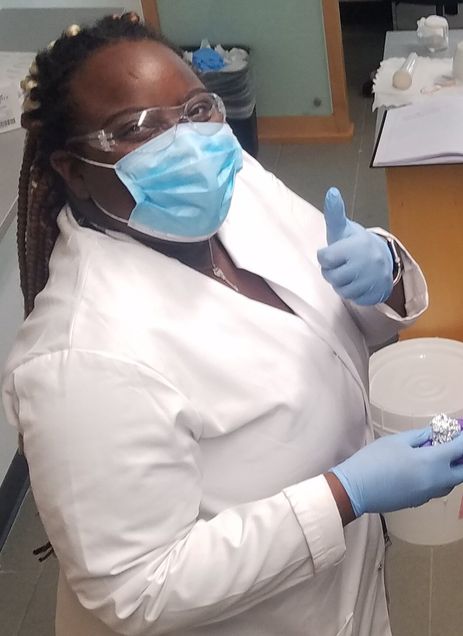
Zenzeale Hudson, a student in the REU program who is now a graduate student at Florida State University, said her experience in the BU REU program, with Snyder as a mentor, was “transformative” and helped her approach graduate school with “enthusiasm and determination.”
“[His] unwavering support and guidance not only deepened my understanding of my field but also instilled in me a newfound confidence in my abilities,” she said. “Despite initial doubts about my capacity to pursue a PhD, their mentorship illuminated a path forward [and] encouraged me to push beyond perceived limitations and pursue my aspirations with conviction.”
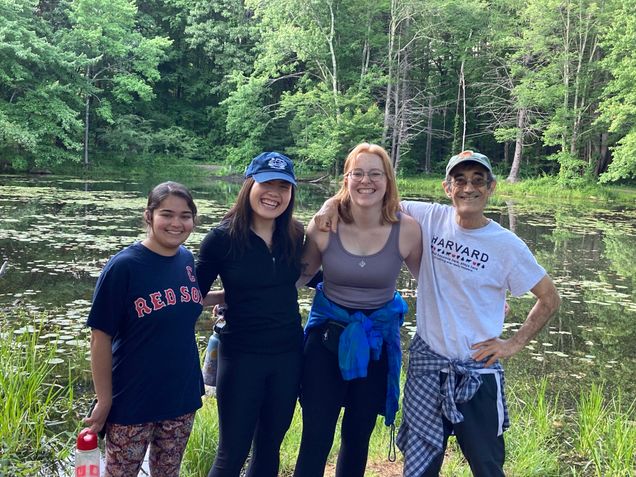
Snyder was at the center of the REU program, bringing in about 10 students each summer, running weekly seminars, and, together with his wife, Julie, inviting the REU participants and their mentors to their home for hikes and a barbecue. Ziegler said Snyder also consistently requested that his stipends for serving as associate chair and chair of the Undergraduate Program Committee be used for the support of a graduate student in his lab.
“He was very upset that economic inequality would limit someone’s ability to achieve their goals in life,” said Professor of Chemistry John E. Straub. “He valued undergraduate research and wanted to make sure that financial reasons wouldn’t prevent someone from being able to participate.”
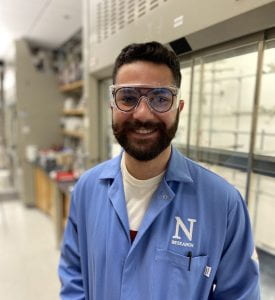
One of Snyder’s undergraduates, Ricardo Hernandez-Alcala (CAS`22), who is now a PhD student in chemistry at Northwestern University, said Snyder was the most influential professor he ever had, pushing him to prove himself as an organic chemistry student, inspiring him to become a chemistry major, and helping him realize the impact of good science.
“He said ‘You can become a doctor and that’s a career that has merit, but if you make the drug that goes through clinical trials, and makes it into the market, you could save millions.’” Hernandez-Alcala said.
Hernandez-Alcala said Snyder encouraged him to apply to BU’s Undergraduate Research Opportunities Program, and, later, to become a mentor to younger undergraduates in the lab. When Hernandez-Alcala was applying to graduate school, Snyder read all of his essays, gave feedback, and connected him with other chemists. And when Hernandez-Alcala wasn’t admitted to one school, he called colleagues there to insist they had made a mistake.
“He showed me that if people just would apply themselves they would really learn a lot. That has carried me through to where I am today,” Hernandez-Alcala said. “He instilled into me the idea of creating a diverse community in the scientific field, of doing really good chemistry. He believed in people. He really believed that I could be where I am today. I will be forever grateful to him.”
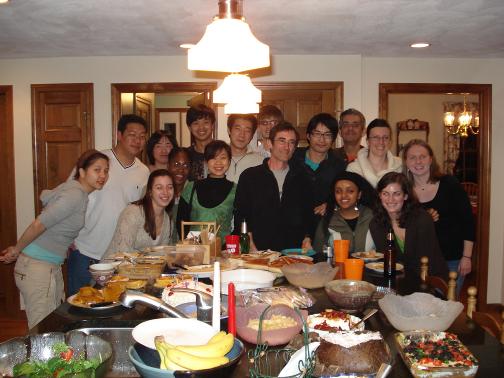
One of Snyder’s graduate students Ya (Sandra) Zhou said she was inspired by Snyder to take on a role where she could help build a diverse and inclusive science community. She is now an assistant professor in the Department of Chemistry and Physics at Salem State University, which is part of the national Minority Serving Institutions Program.
“John is my role model and inspiration. I wish to become someone like him who could have an impact on the lives of underrepresented students, address educational disparities, and contribute to broader efforts to advance diversity, equity, and inclusion in higher education,” said Zhou. “ His guidance, passion, and kindness have left an indelible impact on my life. He was more than an incredible advisor; he was a compassionate individual, wholly dedicated to his students and field.”
Make a gift to the John Snyder and Phyllis Snyder BU IMPACTS Fund for BU Giving Day.